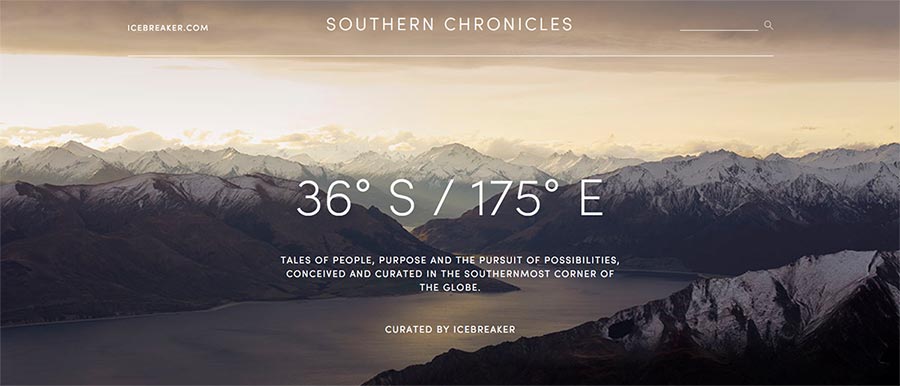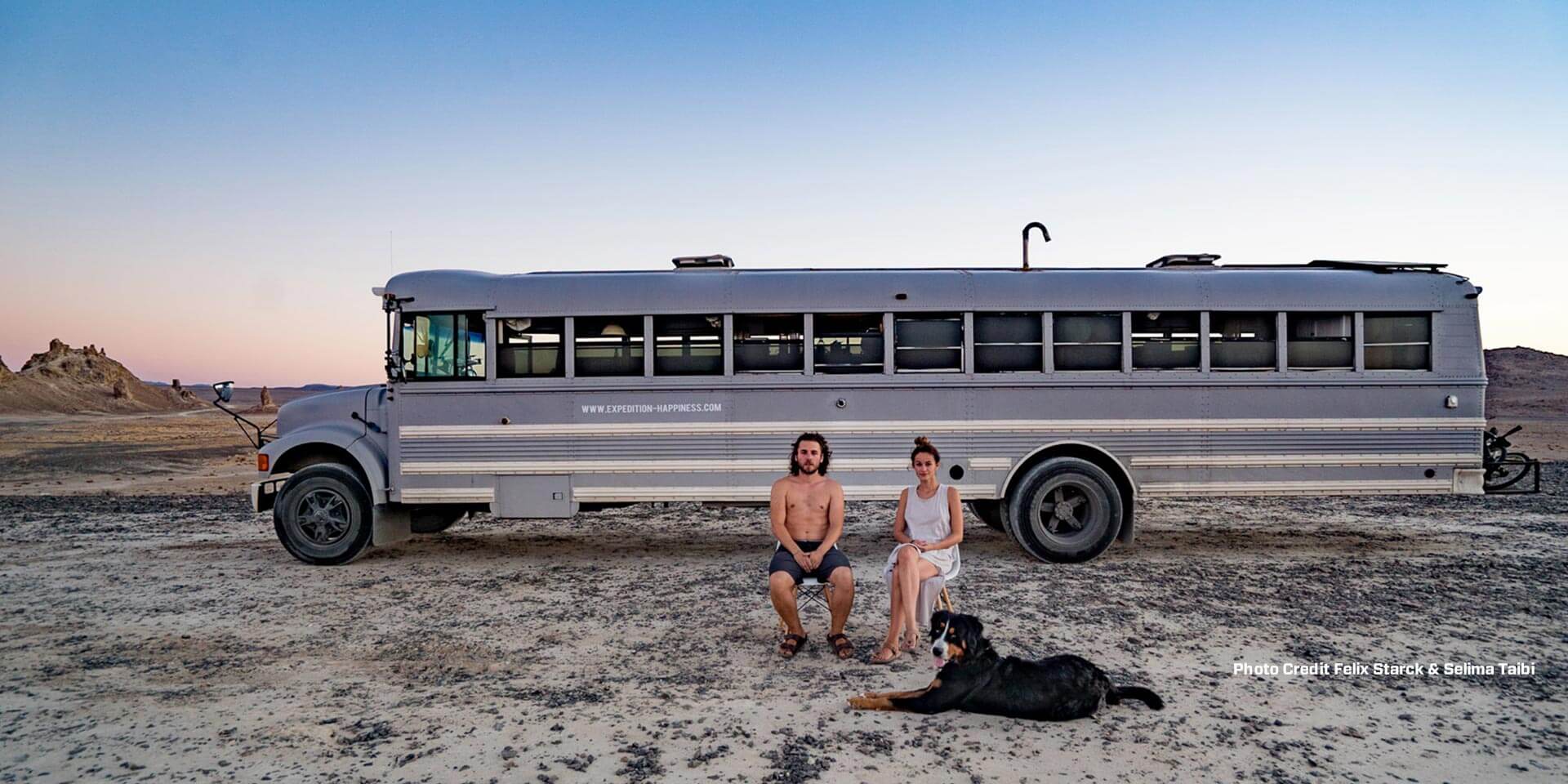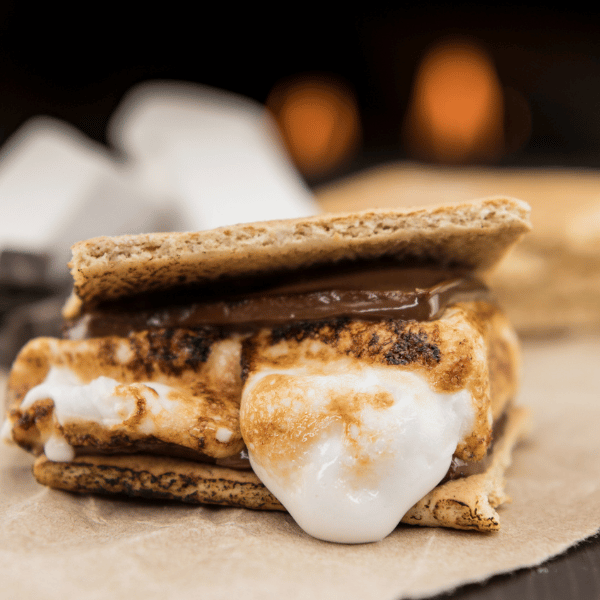About three years ago, while preparing for a week-long camping trip with my son, I came across Icebreaker, a privately held outdoor and sport clothing designer. In the midst of a two-decade long love affair with Patagonia, I was initially skeptical of this new, smaller brand. However, those barriers quickly came down as Icebreaker pulled me through a perfectly executed “buyer’s journey,” driven by valuable content that subtly wove the firm’s unique brand differentiators (UBD) into every touchpoint.
Here’s how they hooked me:
STEP 1 OF THE BUYER’S JOURNEY: MAKE ME AWARE OF YOUR BRAND
Generating awareness for your brand starts with really understanding target audiences and knowing where to find them (or where they will most likely find you). I discovered Icebreaker while flipping through Backpacker magazine, which may not have the largest distribution in the market, but is an essential channel for reaching customers likely to purchase.
Rather than using recognizable, world-renowned athletes as its face, Icebreaker grabbed my attention through beautiful, custom photography of regular-looking people who are visibly passionate about the outdoors. The images depict a lifestyle I can actually relate to, helping to establish an emotional connection and sense of common purpose.
This striking and stylized photography is featured on Icebreaker’s Instagram feed, which is carefully curated to weave in elements of the brand story and differentiators. In the images, Icebreaker’s products aren’t even the focal point—they’re just part of the story.

Intrigued, I hit “follow” on their Instagram account and called it a day.
STEP 2 OF THE BUYER’S JOURNEY: SOLVE MY PROBLEM
Once a brand has captured attention, it’s crucial to provide value to target audiences via multiple channels and touchpoints.
Shortly after I heard about Icebreaker for the first time, YouTube recommended a video about open ocean swimming for me that looked interesting. This turned out to be part of Icebreaker’s “Adventures in Nature” series, and I watched several other videos on paddle boarding and slackline yoga before moving on to videos about Icebreaker’s backstory, how their clothing is made, and their design philosophy.
Icebreaker also uses its blog, Southern Chronicles, to nurture potential and existing customers through well-written and entertaining content. It maps to the underlying wants, needs, and desires of its target customer segments without hitting readers over the head with cheap marketing messages. Described as “Tales of people, purpose and the pursuit of possibilities, conceived and curated in the southernmost corner of the globe,” the blog includes these sections they describe as:
1. Features: Monthly short stories, photo essays, reviews and articles we find interesting and worth sharing.
2. Pioneers: Naive intelligence; tales told by the people who chase down purpose and possibilities.
3. Adventures: Stories on journeying, travel, culture and roaming the wide open world.
4. 5 Minutes: Short interviews with people about people, about art, about work and about life.

There are very few consumer brand blogs that offer enough value to be worth following—but for me, someone that fits into Icebreaker’s target market, Southern Chronicles could be a frequent stop on my evening browsing session as I look for guidance and inspiration to tackle my next outdoor adventure.
I typed in my email address and hit “subscribe.”
STEP 3 OF THE BUYER’S JOURNEY: CONVINCE ME TO PULL OUT MY WALLET
When marketing to leads at the “bottom of the funnel,” Icebreaker uses a carefully blended alchemy of brand-created and co-created content to help seal the deal when it comes to driving a purchase.
They do this by smartly leveraging user-generated content, including real customer stories and reviews—incredibly important to an online retailer—to create an authentic brand story. Instead of censoring reviews on their products, Icebreaker openly addresses them and leverages lessons learned in product development.
Much like Patagonia’s website, Icebreaker’s does a great job weaving content and storytelling into the mix at the product level. This is particularly critical as 58% of smartphone users visit a retailer’s site before buying something in-store (eMarketer). Icebreaker’s website provides technical details of how the product was manufactured as well as more of their stunning yet relatable imagery.
I was sold—it was time to add that merino wool shirt to my cart and check out.
Today, going from good to great as a brand requires a well-crafted strategy, a set of supporting tactics, and a commitment to creating content that is authentic to your brand. Understanding and tapping into this buyer’s journey has allowed Icebreaker to stand apart in a giant sea of sameness—and even sway loyal followers of competitor brands.
There is no secret sauce to this approach, but there are plenty of roadmaps. My favorite is “Storyscaping” by Gaston Legorburu and Darren McColl, which is a guide to great brand storytelling, exceptional user experience, and providing essential value in a hyper-competitive, omnichannel world. Getting this right isn’t easy; however, once you’ve figured it out you can drive down acquisition costs, increase customer retention, and differentiate yourself from the competition in a meaningful way almost impossible to copy.






